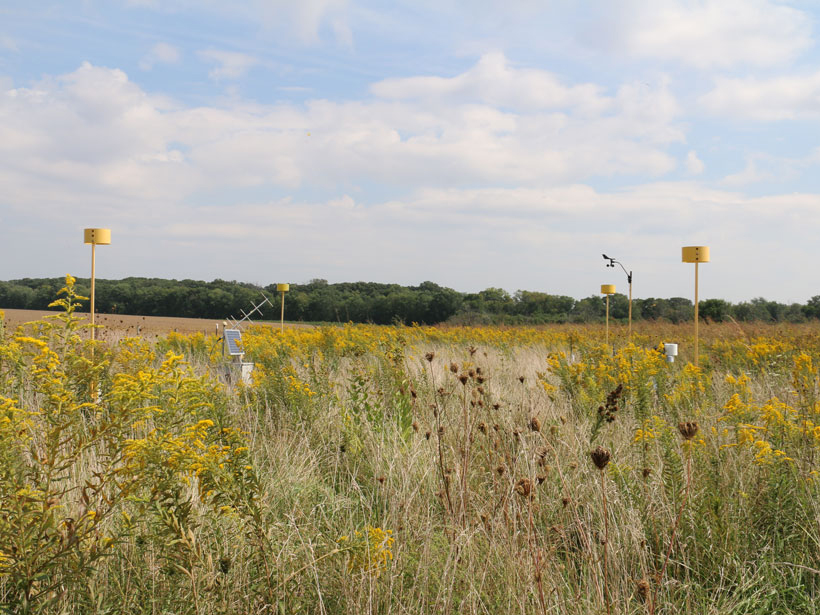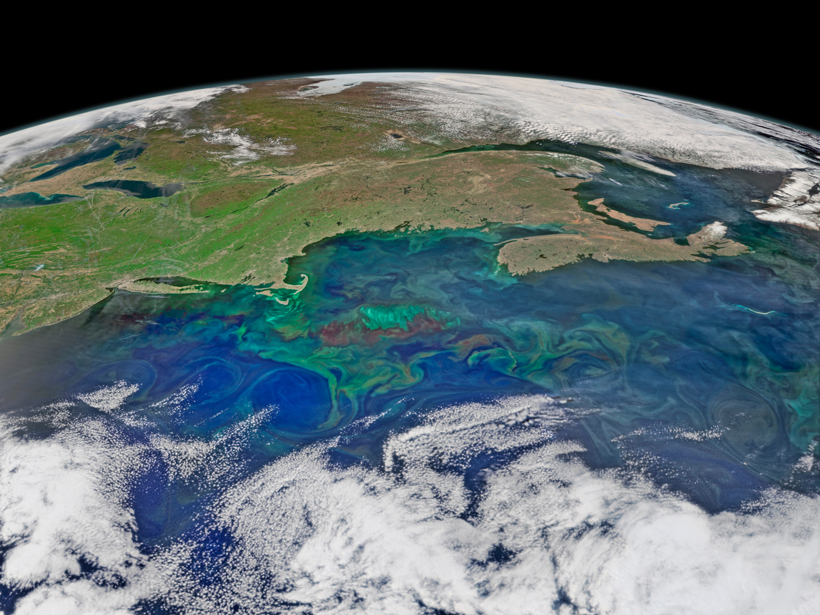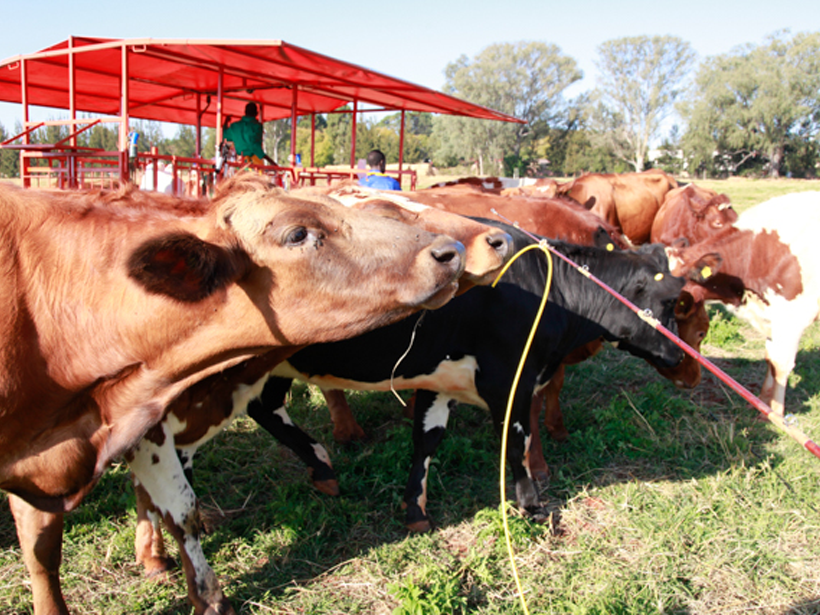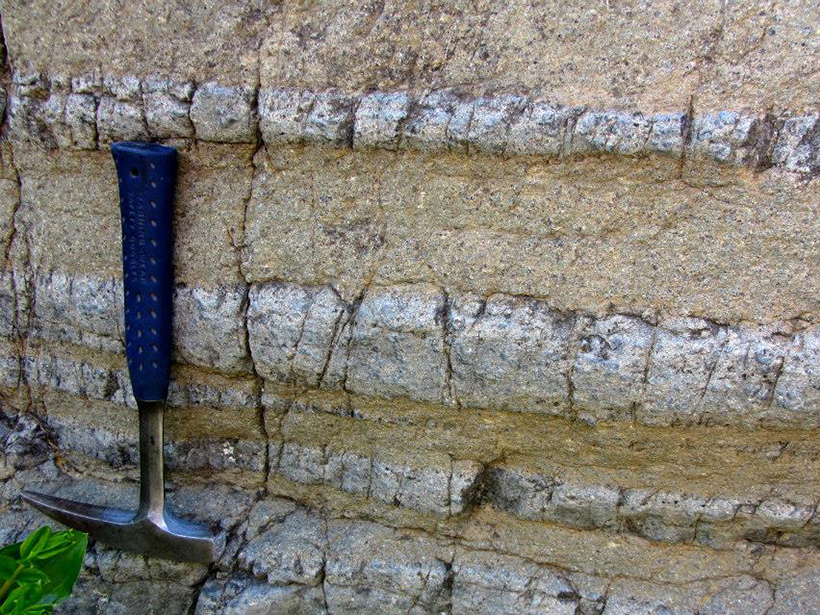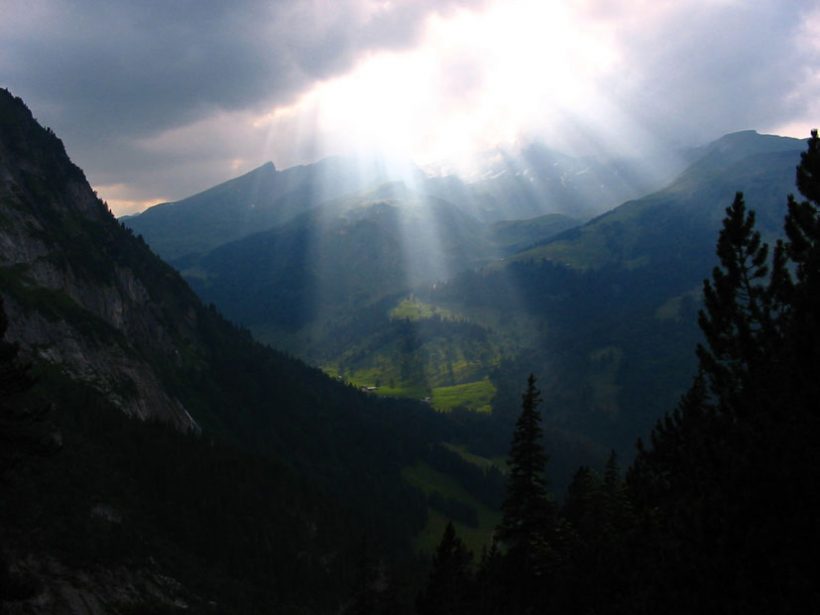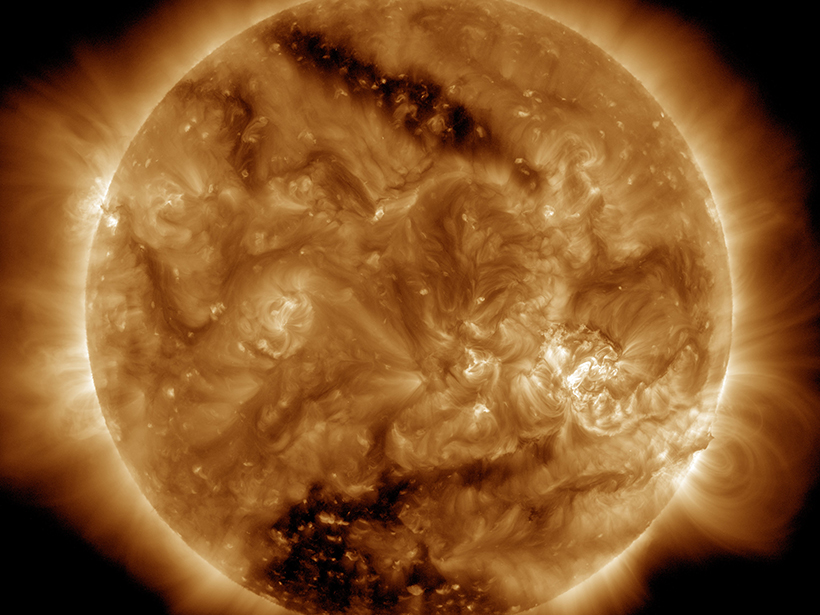A new information-processing framework helps researchers tease out the factors driving ecological shifts over short timescales.
Kate Wheeling
Kate Wheeling is a freelance journalist based in Santa Barbara, Calif. She writes about the environment, climate change, energy, and our relationship with the natural world. She was previously a staff writer at Pacific Standard, covering both environmental and criminal justice. Her work has also appeared in Outside, The New Republic, Medium, and elsewhere. She has a master’s degree in science journalism and a bachelor’s in behavioral neuroscience.
The Asian Summer Monsoon Launches Pollutants Around the Globe
New research provides a comprehensive overview of the effect of the Asian summer monsoon (ASM) on atmospheric composition throughout the life cycle of the ASM anticyclone.
Deep Ocean Layers Continue to Heat Up
Researchers look at more than 3 decades of temperature trends in the deep ocean to understand the layers' energy budgets.
How Climate Change Affects the Flow of Carbon from Land to Sea
Changes in precipitation and runoff in New England may be driving more dissolved organic carbon into the Gulf of Maine.
Using Isotope Fingerprints to Solve a Methane Mystery
Atmospheric methane levels are rising, and isotopic ratios within the greenhouse gas suggest that the tropics may be to blame.
Clouds in Climate Models of a Simulated Water-Covered Earth
Researchers use aquaplanet experiments to zero in on the effects of small-scale processes in the tropics that cause discrepancies between climate models.
A Better Model for How the Mantle Melts
A new model of the melting behavior of certain mantle rocks gives researchers a better understanding of the source of oceanic lavas.
Incorporating 3-D Cloud Effects into Weather and Climate Models
Researchers explain how a new radiative scheme can be incorporated into global weather and climate models to better capture the effect of clouds on climate.
Spotting the Source of Slow Solar Wind
A new study suggests that magnetic reconnection may fuel slow solar winds, which top out at speeds below 500 kilometers per second.
Martian Carbonates Spotted by the Orbiter
The minerals identified by the Mars Reconnaissance Orbiter provide more evidence that the planet may have once been habitable.

